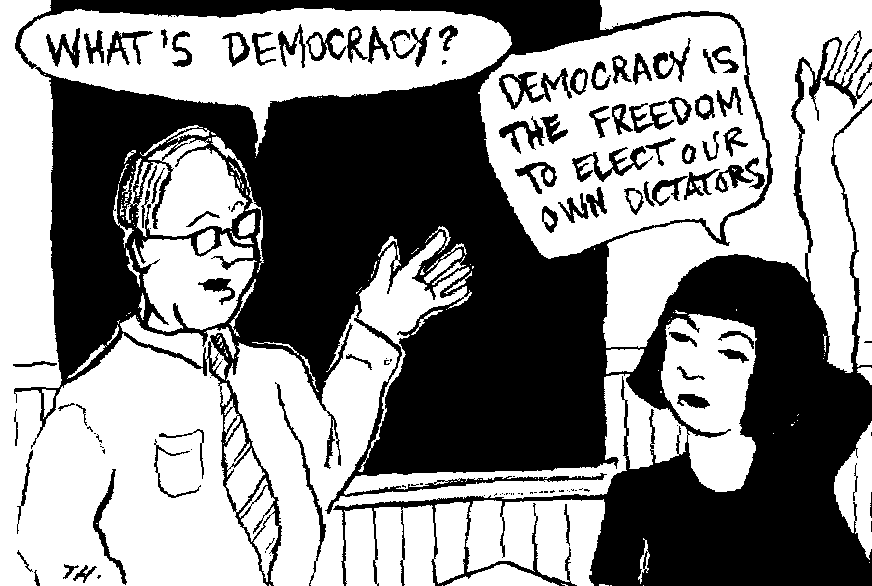Very rough day, we all got to class and wanted to get the last final touches done so we could show the tutor for approval and submit our video then get to work on other studies, unfortunately we encountered several technical difficulties we had to get past instead. most of our problems were computer related. we had a lot of trouble finding one that would work with the program video-spin.

Our first computer would not pick up the hard-drive that we had our video saved on,
the second computer's keyboard proved difficult to use as we could not use the letter L,
the third computer we tried, loaded the program but would not play the video correctly and kept crashing.
After spending 1 and a half hours of our 2 hour class we gave up on computers in the Lab we were assigned to then found one in a learning centre, by the time we got the program loaded for the 4th time that day, we had 20 minutes until I had to go to my next class.

We got through most of the things we wanted to do before I had to leave and then I had to place my trust in my group members to finish up the music. I knew that there would be lots of difficulties to overcome which is why I wanted to get everything done as quickly as possible. I am glad for my understanding team and appreciate them not back-handing me for being persistent. If we had not got as much done as we did in the first 2 weeks, we would be pushing the time requirement to get everything done. luckily we had anticipated a few problems and have been able to keep a cool head. Technical difficulties proved to text my wits and I found myself tugging on my hair ready to break down. lucky my team mates were able to keep me calm enough to help with an answer.
Unfortunately we did not have the time to run the video by the tutor but will have to plan a time either in class or outside of class where we can get the nod of approval and submit our video.
---------------
The next week:
Clare and I get to class ready to show the video to Lauren when we find that the 3rd group member Shaun has slept in and missed class, after talking to Lauren our Tutor and explaining our situation she came up with the brilliant plan of setting the YouTube account to private and us uploading then sending the log in details to Lauren so she can check it out before it becomes public. After getting onto Shaun and explaining what he needed to do, he did so straight away. We now await Lauren's Okay for submittal.
~Blue-Inspiration
 My topic will be “What is communication? Do whales communicate? Do birds? Do atoms? Does DNA communicate? What would you suggest as the limits to communication? When does a failure of human communication occur?” I plan to narrow down the topic by focusing on only communication between humans and animals. The position I will be taking in this topic is that 'while people are introducing experiments to achieve this extent of communication there are some limits to what we can achieve, although with the current and future advancements in technology this may just be a possible outcome. The elements of the topic I will be writing about are:
My topic will be “What is communication? Do whales communicate? Do birds? Do atoms? Does DNA communicate? What would you suggest as the limits to communication? When does a failure of human communication occur?” I plan to narrow down the topic by focusing on only communication between humans and animals. The position I will be taking in this topic is that 'while people are introducing experiments to achieve this extent of communication there are some limits to what we can achieve, although with the current and future advancements in technology this may just be a possible outcome. The elements of the topic I will be writing about are: 











